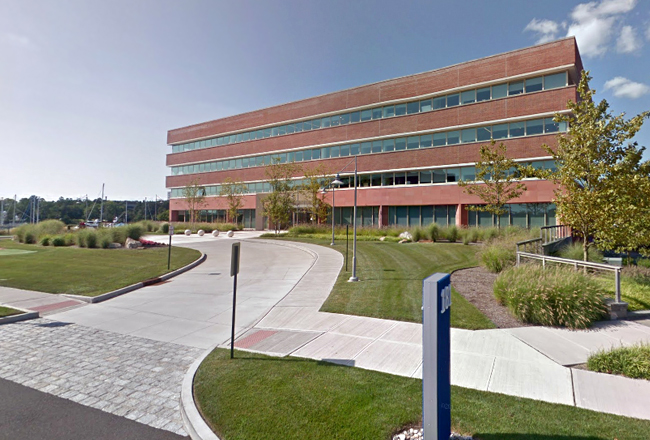The Democratic-controlled state House of Representatives will attempt to override Gov. Ned Lamont”™s veto of a bill designed to grow employment in the construction, health care and early childhood education sectors in Connecticut.
HB 5001, “An Act Requiring a Study of Workforce Training Needs in the State,” was one of three bills the Democratic governor vetoed last week. Also vetoed were HB 7178, designed to modify when a licensed real estate broker or salesperson must disclose the identity of his or her client to a prospective purchaser or lessee who is not represented by a licensed real estate broker or salesperson, and HB 7107, which would have increased the penalty for the theft of cooking oil.
The latter two vetoes are not expected to be challenged.
Lamont”™s veto of HB 5001 was predicated upon how employers deal with minimum-wage servers and bartenders, who may receive tips for part of their service but do not for other tasks away from the public, such as stocking inventory and busing tables ”“ which typically pays more than gratuity-based work.
If an employer fails to monitor how much time is spent working for gratuities and how much for non-tip work, they must pay the higher wage for all work.
The bill would have required the state Department of Labor to create new regulations, similar to federal labor law, that would let employers pay those with blended job responsibilities the lower minimum wage for all work.
“While it may be reasonable to conclude that state and federal laws should be consistent in this area, that conclusion ought to be made only after sufficient study, debate and input from affected stakeholders,” Lamont wrote in his veto message to Secretary of State Denise Merrill. “That did not happen here.”
House Speaker Joe Aresimowicz said that the House will meet on July 22 to discuss the vetoes.






















